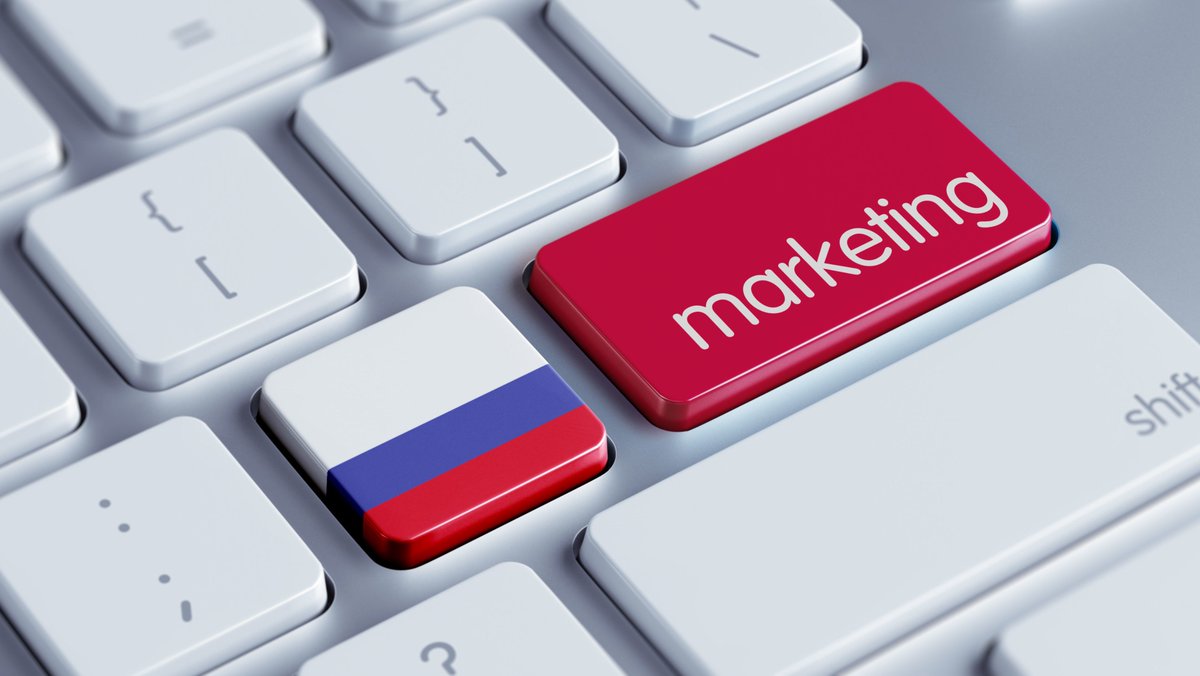Are you targeting Russia wrong? International Women’s Day
March 8th became a national holiday in 1917, after women gained suffrage in the USSR, and remains as such in modern Russia. The day was then predominantly celebrated by the socialist movement and communist countries, until it was adopted in 1975 by the United Nations and became an internationally recognized day of celebration.
When targeting Russia, it is worth knowing that this day has long lost its original meaning. It has since become a true celebration of women, bringing with it an appreciation of their work, and roles in society. According to WCIOM, only 5% of the Russian population associate this holiday with emancipation.
On the 8th of March it is common for women to receive flowers and small gifts from their male friends and co-workers, as well as members of their family. The tradition of gift giving on this day is market-specific to Russia. Therefore, being flexible with your approach may help you garner trust for your brand.
For example, in 2017 Nescafe localised their International Women’s Day campaign specifically for Russia, offering a bouquet of tulips for everyone buying Nescafe Gold in participating retailers in Moscow. Many local service providers that target men used this opportunity to get social interaction for their product. This was done by publishing articles focused on how to choose flowers, and what presents to give.
International brands should consider this unique opportunity for localising in Russian-speaking markets, as there are noticeable spikes in purchasing activity across many retail sectors. Seen two weeks ahead of the holiday, the biggest jump in demand is for products that fall under the category of ‘Gifts’. Russia also sees a 438% increase in flower sales for the first week of March in comparison with the last week of February. According to PayMaster, online transactions made across social media are known to increase by as much as 57% on the day. This is due to the continued popularity of social media gifts amongst the young population.
Russians are also likely to spend more on new clothing, accessories and shoes in the days before the Bank holiday, which is a 32% increase in sales for clothing and 127% for lingerie for the period of 5th-8th of March in comparison to the same period the week before. Also, according to the marketing director of AFIMALL City in Moscow, there is a noticeable increase in shopping mall attendance in the first week of March, which goes up by 18% in comparison with average weekly data.
The key to successfully localising your product or services in any market is to be relatable, and easily understood within your targeted area. Engage new cultures with localised content, and native brand experiences that resonate with local traditions and the general way of living. Understand the specifics of local celebration days or traditions to increase the relevancy of your offers and promotions. Doing this ensures a significant advantage over your competitors, and reduces the risks associated with entering new markets.
Sources:
https://www.theguardian.com/theguardian/from-the-archive-blog/2012/mar/08/clara-zetkin-international-womens-day
https://www.retail-loyalty.org/news/8-marta-traty-v-rossiyskikh-i-zarubezhnykh-internet-magazinakh/?id=190210
https://spark.ru/startup/situative/blog/28216/kak-brendi-gotovilis-k-8-marta-v-rossii-i-za-rubezhom
https://www.theguardian.com/theguardian/from-the-archive-blog/2012/mar/08/clara-zetkin-international-womens-day
http://www.wonderzine.com/wonderzine/life/life/204659-women-unite



